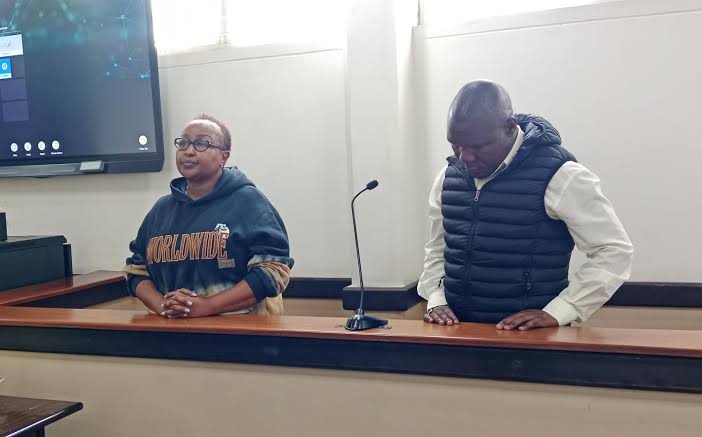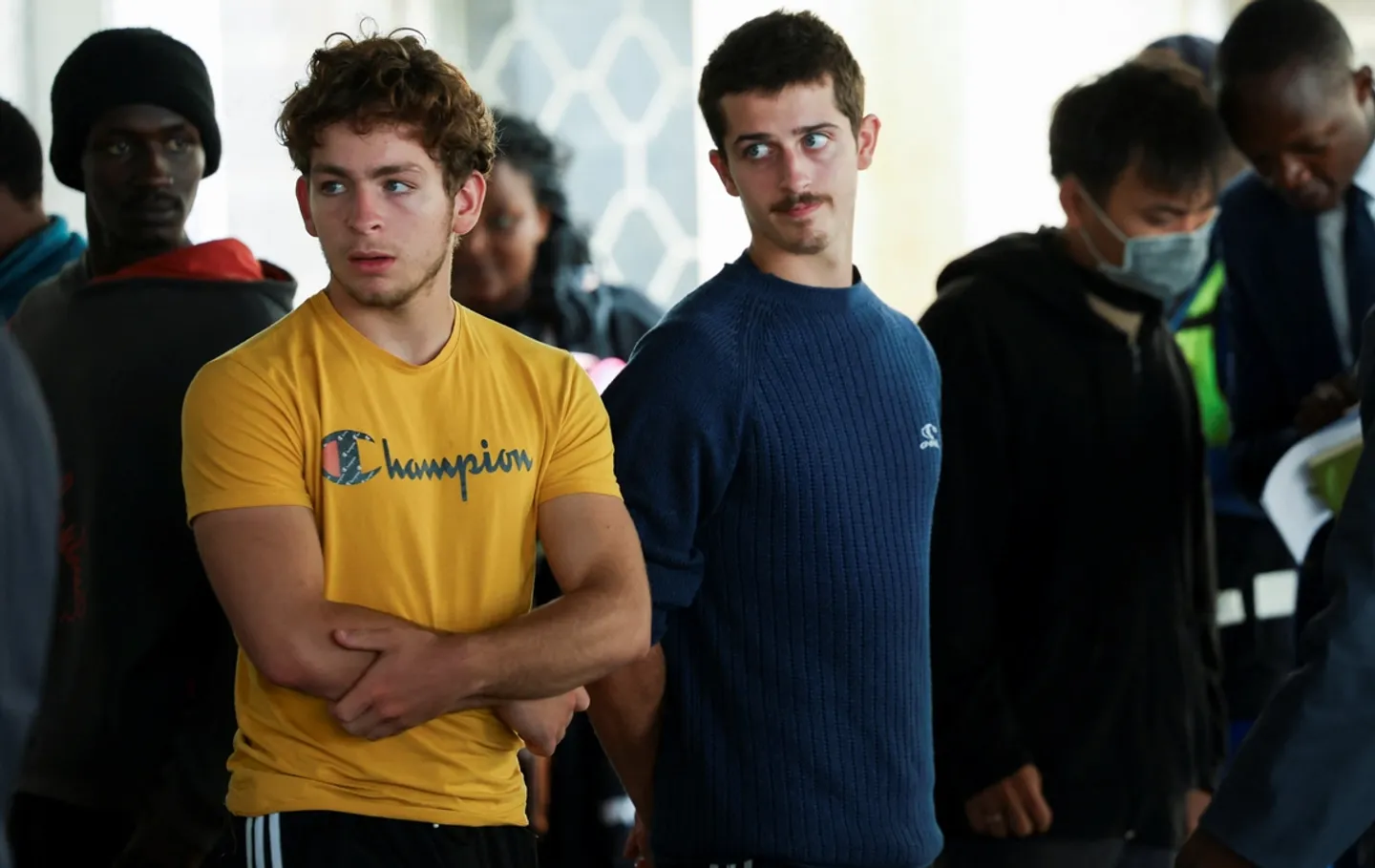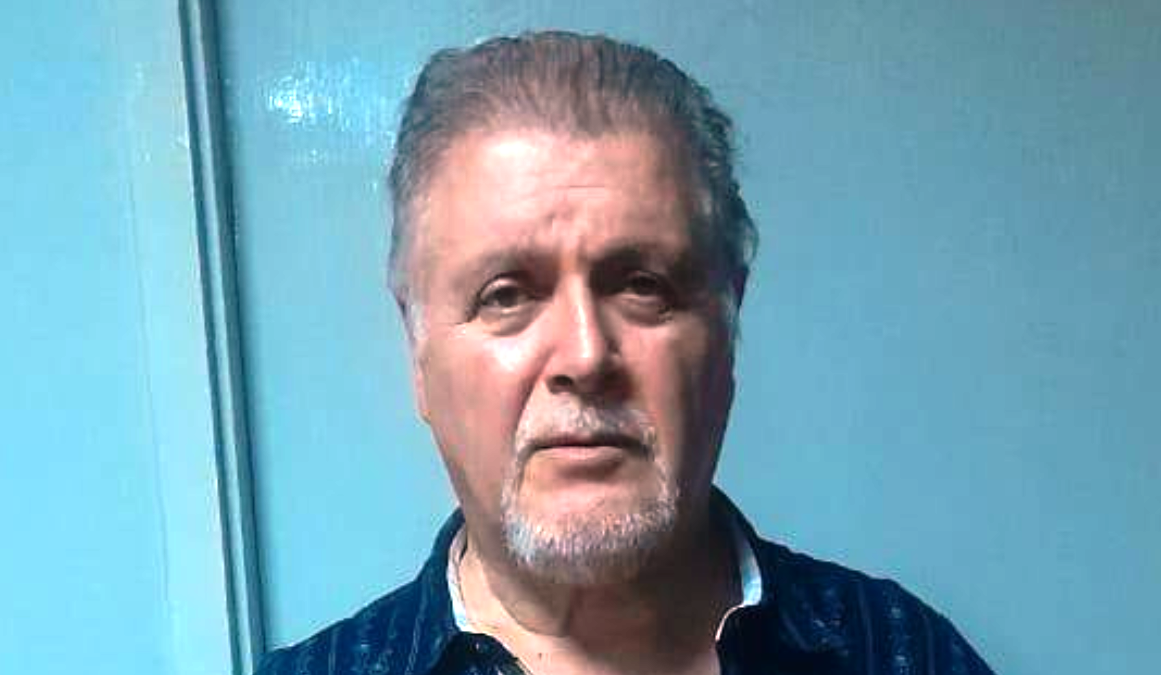Sikuku was charged with the former KNTC Managing Director, Pamela Nduku Mutua. They faced allegations of abuse of office and breaching procurement laws in a disputed rice importation tender. Prosecutors said Sikuku’s professional opinion enabled a fraudulent contract. The Director of Public Prosecutions (DPP) later discontinued the case against him and cited compelling reasons. Prosecution Counsel Delroy Mwasaru explained that Sikuku’s non-binding opinion, based on an unchallenged Evaluation Committee report, did not show bad faith or personal gain. The DPP noted that ultimate responsibility rested with KNTC’s Accounting Officer.
Principal Magistrate C.N. Ondieki, using Section 87(a) of the Criminal Procedure Code, accepted the withdrawal. Mutua is now the sole defendant in the ongoing trial. This ruling raises vital questions about accountability in public procurement. Why was Sikuku charged while the Evaluation Committee, which created the initial report, faced no scrutiny? The answer lies in the complex roles within public institutions, where finding culpability is often difficult.
The KNTC case reflects broader challenges in Kenya’s anti-corruption efforts. With only six of 33 witnesses having testified before the case’s partial resolution, the prosecution’s initial approach suggests a scattershot strategy, potentially overreaching in its pursuit of convictions. As Mutua’s trial continues, this case serves as a reminder that effective anti-corruption measures require precision, clarity, and a focus on those truly responsible for systemic failures.
[/full]





